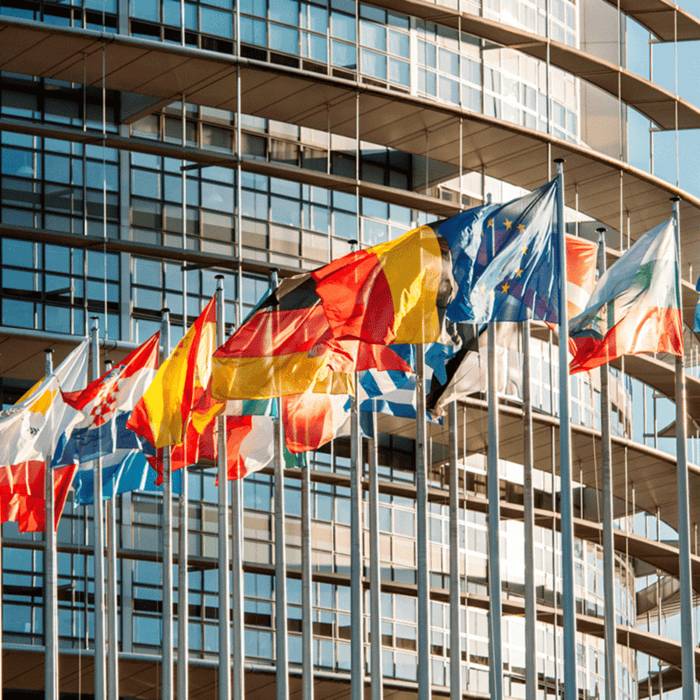The global political landscape is undergoing a seismic transformation, driven by the rise of economic alliances. These alliances are reshaping relationships between nations, challenging traditional power structures, and influencing everything from trade to security. To understand this paradigm shift, we need to explore its roots, implications, and the future it heralds.
The Foundations of Economic Alliances
Economic alliances are not a new phenomenon. Historically, nations have formed coalitions to strengthen their economies and protect shared interests. However, the modern era has seen a significant acceleration in the formation and influence of such alliances, often as a counterweight to established powers.
Key Drivers:
Globalization:
Interconnected economies have increased the importance of collaboration.
Supply chain dependencies make partnerships essential.
Rising Multipolarity:
The decline of a unipolar world, dominated by the U.S., has led to the emergence of new power centers.
Nations like China, India, and Brazil are asserting themselves on the global stage.
Shared Goals:
Climate change, technological advancements, and energy transitions require collective efforts.
Regional stability and economic growth often hinge on coordinated policies.
Notable Economic Alliances Shaping the World
1. BRICS: The Emerging Titans
The BRICS bloc—comprising Brazil, Russia, India, China, and South Africa—is a testament to the shifting balance of power. With the recent addition of countries like Saudi Arabia and the UAE, BRICS is poised to challenge Western dominance.
Why It Matters:
BRICS nations account for over 40% of the global population and nearly a quarter of global GDP.
The bloc is pushing for de-dollarization, reducing reliance on the U.S. dollar in international trade.
Engagement Prompt: How do you see BRICS’ expansion impacting global trade? Share your perspective in the comments.
2. The European Union: A Unified Economic Front
The EU remains a cornerstone of economic collaboration, with its single market and shared currency setting a benchmark for regional alliances.
Why It Matters:
The EU’s trade agreements influence global standards, from data privacy to environmental policies.
Post-Brexit challenges underscore the complexities of maintaining unity in diversity.
Relatable Anecdote: Imagine traveling across 27 countries without a single currency exchange or trade restriction. That’s the power of the EU for its citizens and businesses.
3. ASEAN: The Rising Star of Asia
The Association of Southeast Asian Nations (ASEAN) is a powerhouse in the making, leveraging its strategic location and economic diversity.
Why It Matters:
ASEAN’s free trade agreements span across Asia-Pacific, impacting global supply chains.
Its growing influence makes it a critical player in U.S.-China competition.
Implications of Economic Alliances
The rise of these alliances is not without consequences. While they offer economic benefits, they also come with geopolitical challenges.
Positive Outcomes:
Enhanced Collaboration: Joint initiatives in technology, healthcare, and infrastructure development.
Economic Resilience: Diversified trade partnerships reduce dependency on single markets.
Challenges:
Exclusionary Practices: Non-member countries may face barriers, exacerbating inequalities.
Geopolitical Tensions: Alliances often pit blocs against one another, increasing risks of conflict.
Call-to-Action: What strategies can nations adopt to ensure these alliances foster inclusivity rather than division? Share your ideas below.
The Human Angle: How Do These Shifts Affect You?
Economic alliances may seem distant, but their impacts are felt in everyday life:
Prices at the Pump: Oil alliances like OPEC+ influence global fuel costs.
Technology Access: Trade wars can limit the availability of tech gadgets.
Job Markets: Shifts in manufacturing hubs affect employment opportunities worldwide.
Emotional Connection:
Picture a farmer in Africa benefiting from BRICS’ investments or a student in Europe accessing affordable education due to EU policies. These stories highlight the tangible benefits of economic alliances.
The Road Ahead: Cooperation or Confrontation?
As economic alliances continue to evolve, their trajectory will depend on the willingness of nations to prioritize cooperation over competition. The challenges of climate change, global health, and digital transformation demand a united approach.
Final Question: Do you believe economic alliances will pave the way for a more equitable world, or will they deepen existing divides? Let us know your thoughts.
Conclusion
The geopolitical shifts driven by economic alliances are reshaping the world in profound ways. By understanding these dynamics and staying engaged, we can navigate this complex landscape and advocate for a future that benefits all.



